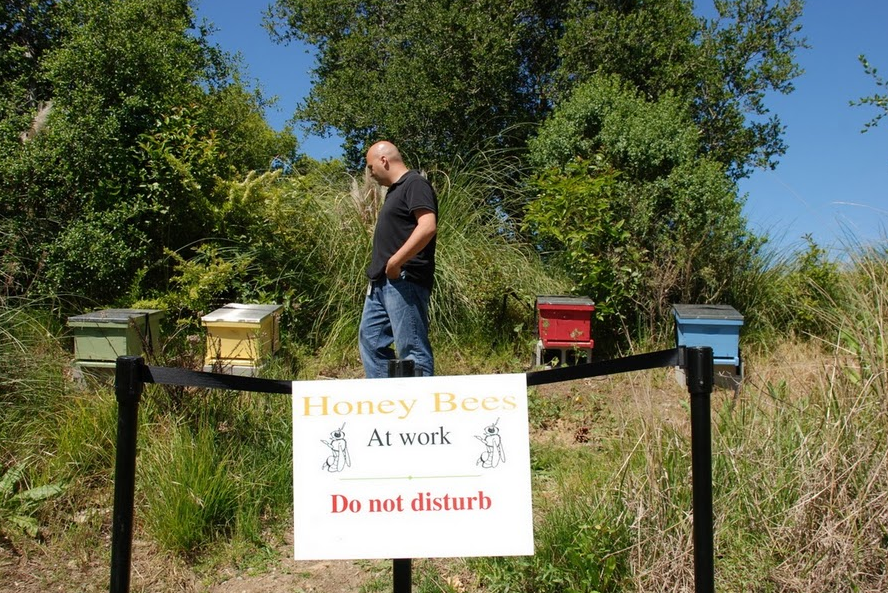And last week, Tröegs Brewing Co., now in Harrisburg, was
running tests at a new brewery in Hershey, Pa., that will double its capacity
from 60,000 barrels, or 1.86 million gallons, a year from 30,000 barrels right
out of the gate.
Echoing other brewery managers, Gene Muller, who founded
Flying Fish in 1996 and is majority owner, said: "We're beyond our
capacity. We're maxed out."
In the first half of this year, sales of craft beer, made
by the country's 1,740 small breweries, climbed 14 percent, compared with a 9
percent gain in the first six months of 2010, according the Brewers
Association, a trade group in Boulder, Colo.
"Things are definitely popping all over the
country," said Paul Gatza, director of the association, whose Great
American Beer Festival in Boulder starts Thursday. More than 400 breweries,
including a strong contingent from the Philadelphia region, are expected to
compete for gold medals.
Over the last five years, sales of craft beer - defined as
the production of brewers with capacity of less than six million barrels per
year - have climbed an average of 11 percent annually, Brewers Association data
show.
By contrast, total domestic beer production was flat over
the same period, according to the Beer Institute, a trade group in Washington.
Despite the gains by craft beer, it constituted just under
5 percent of total production last year. Big brewers such as the companies
behind Budweiser, Miller, and Coors still account for about 82 percent of U.S.
volume. Imports had a 13 percent market share last year.
Ironically, as craft-beer demand has grown, some of the
brand sameness that predated the craft revival has begun to creep back, at
least in Philadelphia.
Just about every bar claiming beer credibility seems to
have on tap Bell's Two-Hearted Ale from Michigan, Stone India Pale Ale from San
Diego, and Allagash White from Portland, Maine.
But that tide of ever-wider distribution might be turning.
This year, Dogfish Head Craft Brewery Inc. in Milton, Del.,
which had stormed across the country, decided to pull out of Tennessee,
Indiana, Wisconsin, and Rhode Island because it could not meet demand in all
the markets it entered.
Other brewers have made similar moves, Gatza said.
Mike Short, president of Hunterdon Brewing Co. in
Phillipsburg, N.J., which distributes Sly Fox, Tröegs, and many other craft
beers in that state, said his 20-member sales force has been less aggressive
than it could be because of the supply shortage.
"Ten years ago, I used to go around to the stores
almost begging them to take some of this stuff in," said Short, who
started his company in 1996. "Now, I sit at my desk and get calls with
people yelling at me because they can't get enough."
That is especially true with seasonal beers, such as Tröegs
Mad Elf Ale, a popular Belgian dark ale available only during the last three
months of the year.
"People want 25 to 50 cases, and we can deliver just
three to five cases per account," Short said.
The new Tröegs brewery in Hershey, where visitors will be
able to buy beer in the tasting room as well as take a self-guided tour, might
help boost production of Mad Elf this year but "probably not as much as
our wholesalers would like," brewery manager Ed Yashinsky said.
Tröegs, which employs close to 50 people full time and
plans to add six to eight employees after the move, distributes in eight
Northeastern states and has no immediate plans to enter new markets.
"The reality is, I think our business is based on the
idea that we want to be regional. We'd rather be deep around here than be
selling beer in Nebraska or Colorado," Yashinsky said.
Sly Fox now sells in Pennsylvania, New Jersey, and New
York.
"Once we get our production up, we're probably going
to enter Delaware, Maryland, and Virginia sometime in 2012," said John
Giannopoulos, copresident of Sly Fox with his brother Pete.
In New Jersey, which has just 22 small brewers and brew
pubs compared with 77 in Pennsylvania - largely because of regulations that are
not as friendly to the business - Flying Fish's Muller looked at hundreds of
buildings before choosing one in Somerdale.
Environmental tests have delayed the building purchase, but
Muller, who employs 15 and plans to add eight after the move, has a backup in mind
for his $4 million expansion.
"We have equipment being built for us in
Germany, in Italy. We have equipment sitting in warehouses in Washington, South
Carolina, and Connecticut, all waiting to be shipped to us. We just don't have
any place to put it," he said. "The train has left the station. We're
just not sure of the last stop."



















